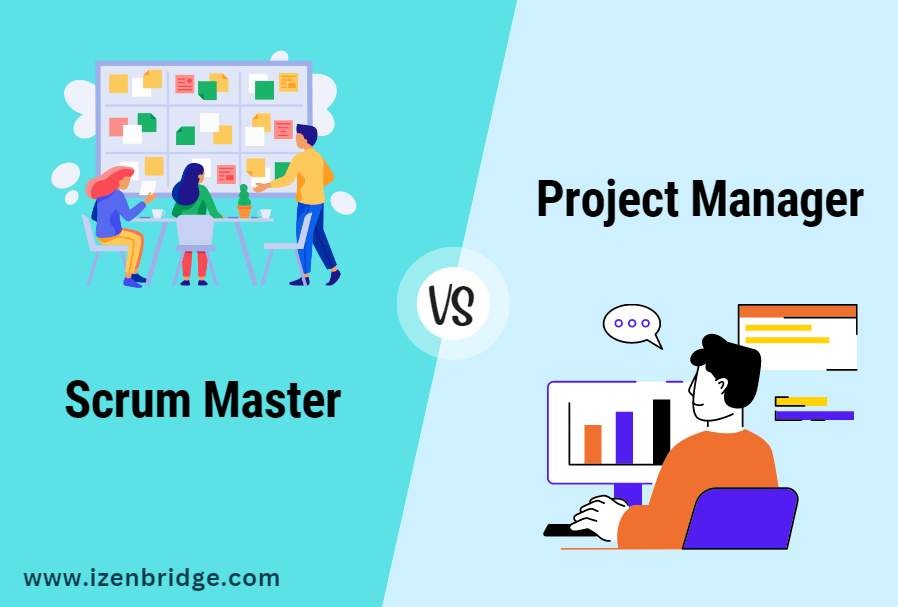

In the constantly evolving landscape of Agile, an interesting dynamic that’s been observed is the transformation of Project Managers into Scrum Masters. This shift signifies the changing paradigm in the way we approach project management. In order to understand the nuances of this transition, let’s view this through the lens of the Project Management Professional (PMP) exam.
The PMP exam extensively discusses the adaptive way of working, expecting the candidates to grasp the roles of both a Scrum Master and a Project Manager. The differentiation between these two roles often raises questions, which largely depend on the specific context of the project.
In the project management, a project is considered a temporary endeavor with a defined start and end date. The project manager handles various aspects such as stakeholders, contracts, compliances, and more importantly, the overarching goal or the business outcome to be achieved.
On the contrary, the Scrum approach, primarily utilized in product development, emphasizes creating product-based teams that persist for the product’s lifecycle. In the context of the PMP exam, the Scrum Framework is adapted to a projectized mode, implying that Scrum is applied within the boundaries of a project’s temporal nature and specific business goals. It’s crucial to note that the PMP exam is not a test of the Scrum Guide but rather a test of how the adaptive way of working is applied within the context of a project.
A recurring question in this context is whether the roles of a Project Manager and a Scrum Master can coexist or whether a Project Manager can assume the responsibilities of a Scrum Master. From the PMP exam’s perspective, both scenarios are plausible and largely depend on the project’s context.
The PMP exam aims to cover a wide variety of projects and scenarios, not just a single project that an individual might be working on. Thus, understanding the options for roles within the context of the question is crucial. For instance, if a retrospective meeting needs to be facilitated, and the Scrum Master isn’t mentioned as an option, the Project Manager could fill that role. Conversely, if team leadership responsibilities are emphasized, and a Scrum Master is an option, that would be the appropriate choice.
In larger projects involving multiple Scrum teams, the Scrum Master can assume team-level leadership while the Project Manager handles external stakeholder engagement, contracts, compliances, budgeting, and governance. However, in smaller projects, the Project Manager could take on both project management and Scrum Master responsibilities, creating a blended role.
In essence, the choice between the roles of a Project Manager and a Scrum Master is not absolute but dependent on the specific context of the project. The PMP exam focuses on understanding this dynamic and the flexibility required in managing projects in the Agile era. Thus, the answer to whether the project manager or the Scrum Master should be chosen is contingent upon the options provided and the precise context of the question.
If you’re targeting to achieve PMP Certification while also honing your skills in project management and Agile , our program is an ideal choice for you. Our comprehensive program includes all the necessary materials you will require to successfully prepare for the PMP Exam.
| Name | Date | Place | – |
| PMP Certification and Training | 13 – 26 April 2025 | Bangalore | More Details |
| PMP Certification and Training | 10 May – 1 June 2025 | Chennai | More Details |
| Name | Date | Place | – |
| CSM Certification and Training | 12 – 13 April 2025 | Bangalore | More Details |
| CSM Certification and Training | 26 – 27 April 2025 | Pune | More Details |
| CSM Certification and Training | 3 – 4 May 2025 | Delhi | More Details |